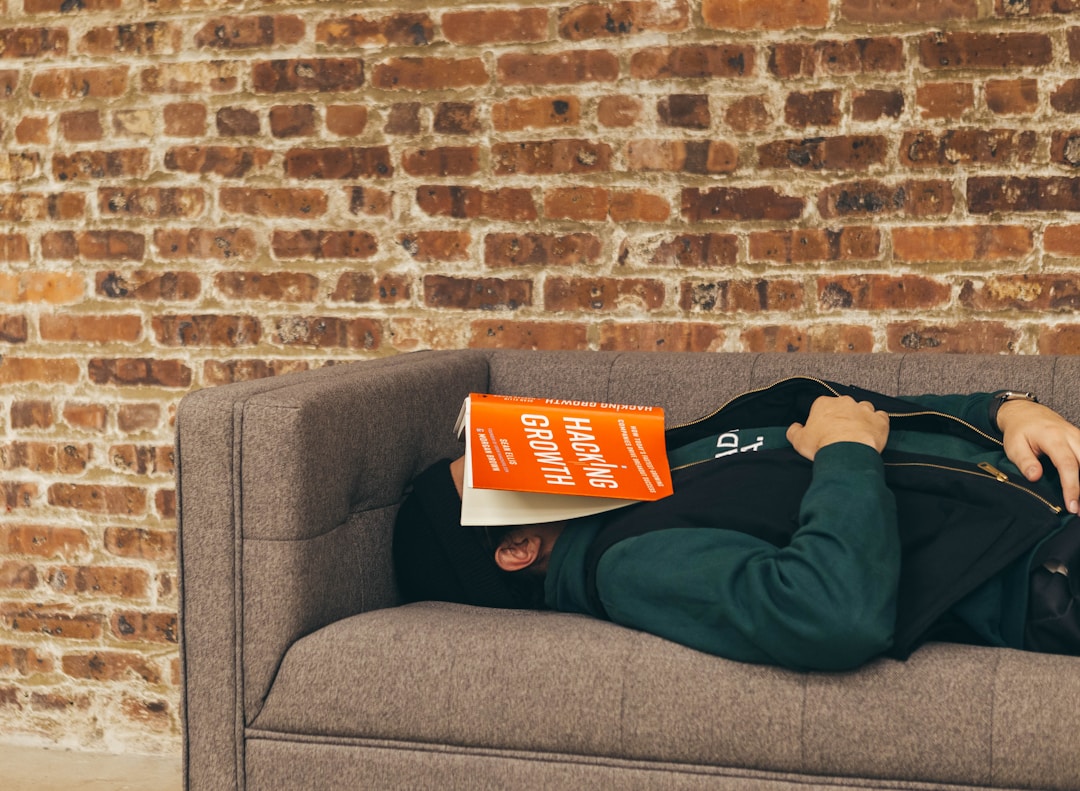When you get a good amount of sleep, you’ll find yourself feeling happier, more energetic, and in a much better mood. Sleep is essential to a number of essential functions in your body. For example, it allows your body to repair itself overnight. Sleep deprivation is actually linked to poor immune function, and it’s important for your body to rest in order to repair tissues, grow muscles, and synthesize protein. Sleeping also helps your body regulate hormones because certain hormones are only released while you’re asleep. Several studies even show that a lack of sleep results in feelings of anxiety even when the person is mentally healthy. This is because a deeper sleep usually prevents the escalation of anxiety. If you’re interested in learning more about how sleep triggers anxiety, keep reading.
What is anxiety?

While experiencing anxiety occasionally happens to most people, people with anxiety disorders typically suffer from long periods of intense and persistent worry. These feelings are so sudden and full of fear or terror that they interfere with everyday life. People who experience anxiety symptoms typically avoid specific situations or places in order to prevent these feelings. If you’re interested in managing your mental health, you may want to see a therapist. Type “anxiety therapist near me” into a search engine to find a clinician who can help you come up with a treatment plan. Common anxiety symptoms typically include feelings of restlessness, having a sense of impending danger, sweating, trembling, trouble concentrating, having the urge to avoid things that trigger anxiety, an increased heart rate, hyperventilation, or even feeling weak or tired.
How does a lack of sleep trigger anxiety?
There’s a link between a lack of sleep and experiencing feelings of anxiety. This is because deep sleep usually helps with specific brain mechanisms. Some of the brain mechanisms that are affected by sleep include emotion regulation. Without proper sleep quality, it affects your ability to start the day with lower levels of anxiety. In a state of sleep deprivation, the brain’s prefrontal cortex also has less activity. This part of the brain is typically responsible for helping you calm yourself down. The less activity in the prefrontal cortex, the greater the anxiety.
How can you improve your sleep quality?

If you want to guarantee better sleep quality to reduce feelings of anxiety, then you may want to check out Eons. Their mushroom supplements are made of medicinal mushrooms that are typically used for better physical health. Medicinal mushrooms are known for aiding in significant improvement when it comes to sleep quality, symptoms of anxiety and stress, and regulating mood thanks to their adaptogens. The team at Eons has managed to curate a supplement that uses scientific evidence to help with your body’s overall circadian rhythm.
Should I see a therapist?
Experiencing anxiety from time to time is common, but if it’s starting to interfere with your ability to accomplish daily tasks and if you find that you have a lower quality of life, then you may want to consider seeking out a mental health professional. If you are restless, irritable, tense, and have difficulty concentrating or experience sleep disturbances, then you’ll want to speak to a health care professional about anxiety therapy.
Without a proper amount of sleep, you’re more likely to feel tired and have trouble with concentration. But you’re also more likely to trigger feelings of anxiety. This can manifest into symptoms such as sweating, trembling, muscle tension, an increased heart rate, irritability, and negative thoughts surrounding impending danger. While feelings of anxiousness are normal once in a while, they can really be exacerbated by a lack of sleep. It’s important that you prioritize good sleep quality in order to prevent worsening symptoms of anxiety.

